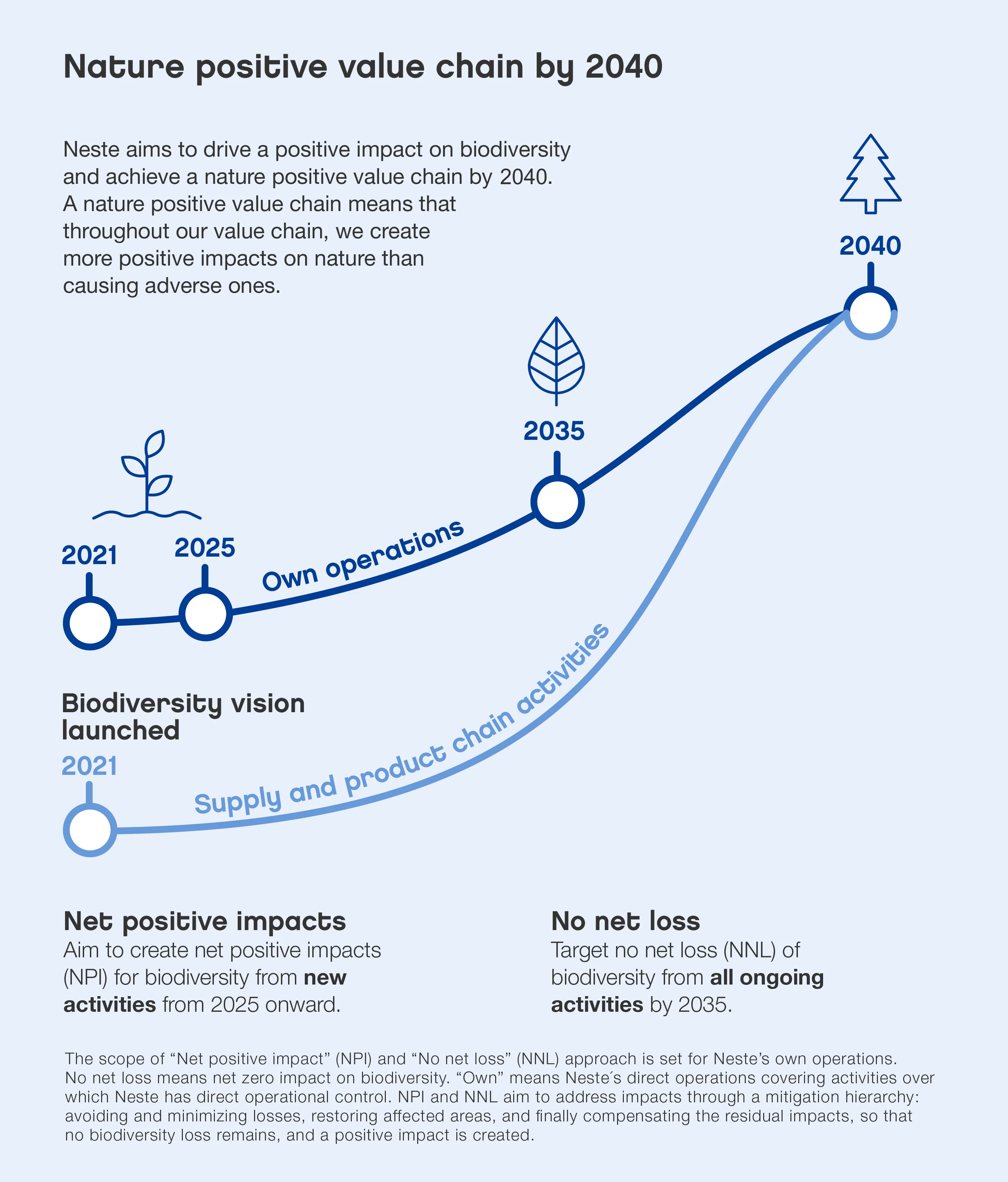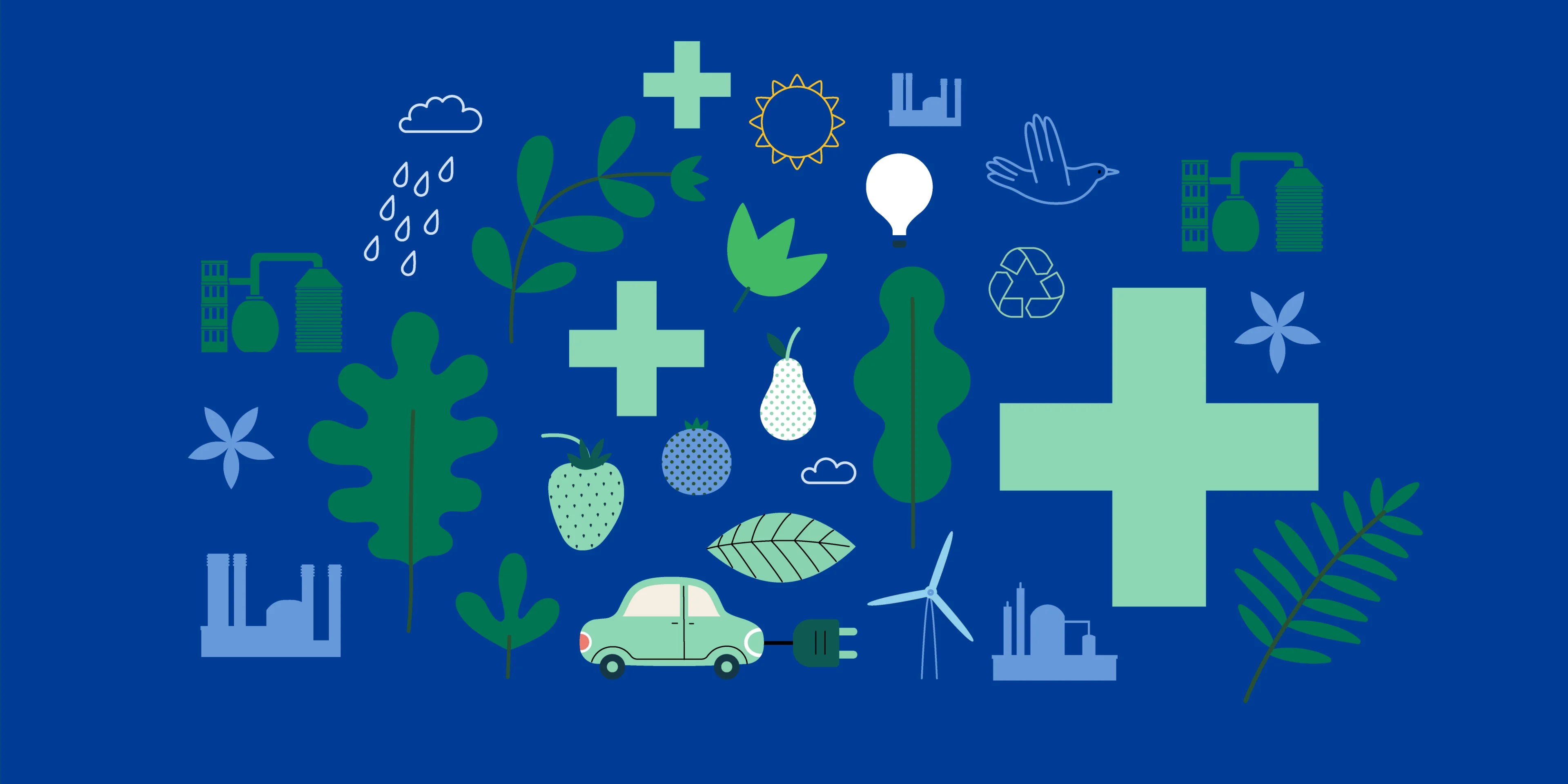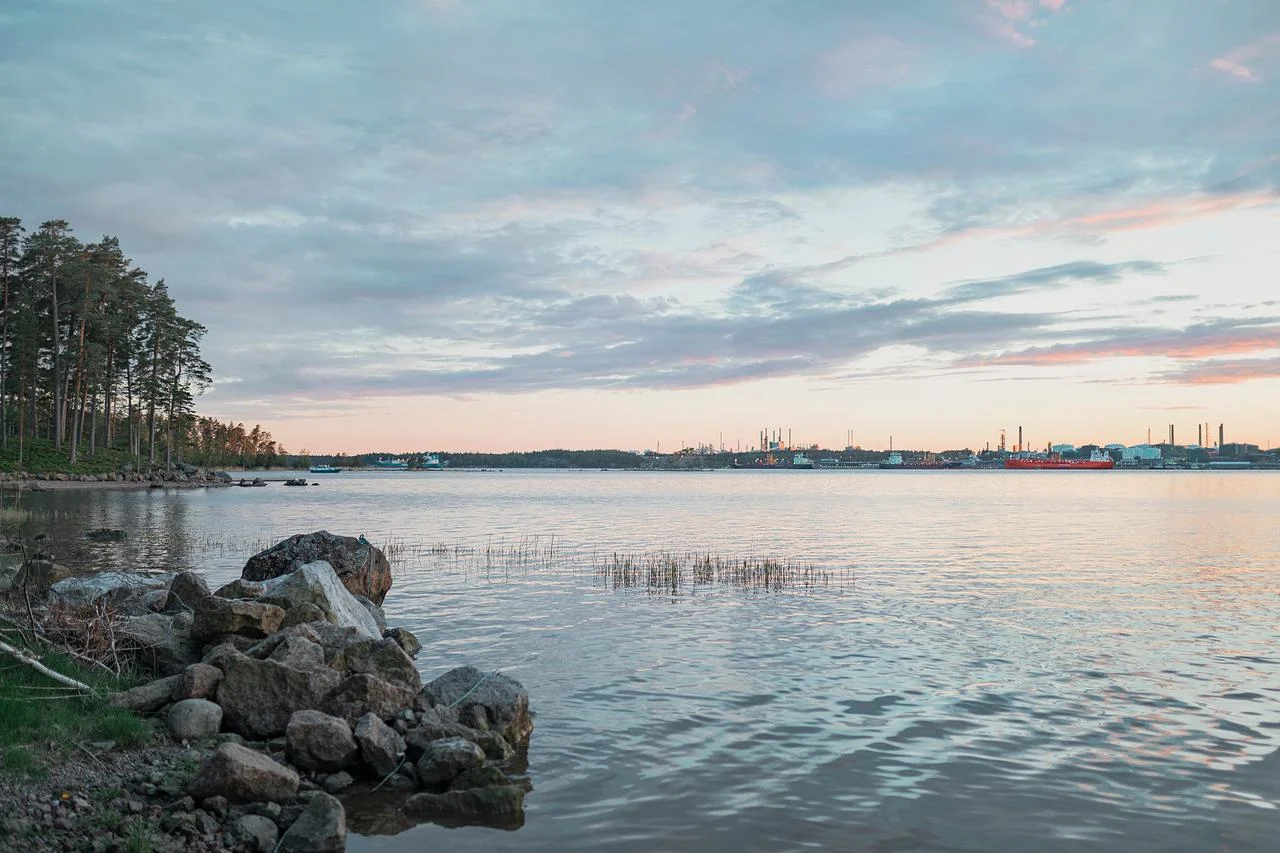Driving positive impact on biodiversity

Our business is dependent on natural resources. For our planet and our business to thrive and be resilient, the prerequisite is restoring and protecting healthy ecosystems.
As part of its sustainability vision, Neste aims to drive a positive impact on biodiversity and achieve a nature positive value chain by 2040. We are taking a proactive, comprehensive and a phased approach to biodiversity:
We aim to create net positive impacts (NPI) for biodiversity from new activities in our own operations from 2025 onward.
We target No Net Loss (NNL) of biodiversity from all ongoing activities in our own operations by 2035.
We aim to create nature positive impact throughout our value chain by 2040.
To achieve these goals, we apply the mitigation hierarchy to manage our biodiversity impacts: Avoid and minimize all negative impacts, restore affected areas and finally compensate for the residual impacts from our own operations.

Protecting biodiversity is integrated into our sustainability practices, processes and policies. We aim at protecting biodiversity and ecosystem services in our value chains, and maintaining good environmental quality associated with our own operations.
Neste expects its suppliers to share its commitment to promote positive impacts and prevent habitat conversion. Through its business activities and interventions, Neste works to eliminate deforestation and habitat conversion, as well as other environmental impacts.
Nature positive
The nature positive value chain means that the impacts to biodiversity are avoided and minimized, and the caused negative impacts are restored and further compensated either in the direct value chain or elsewhere. When the business is nature positive, the overall business creates more benefits than causes adverse impacts to ecosystems.
Net positive impact
The term ‘Net positive impact’ (NPI), or ‘net gain’ refers to the point where positive biodiversity gains exceed biodiversity losses due to the impacts of a specific project. In addition to avoidance and minimizing negative impacts, additional positive activities are needed.
No net loss
No net loss (NNL) means that overall gains in biodiversity are equal to the losses. Neste targets no net loss of biodiversity from all ongoing activities by 2035. The scope of NNL goal is set to Neste’s own direct operations.
Systematic monitoring of the environment
Our refineries are located next to waterways. Porvoo refinery is located close to natural habitats. Therefore our environmental monitoring is particularly systematic at the Porvoo refinery.
Environmental monitoring is included in the requirements of our refineries' environmental permits. Ambient air quality is monitored in the vicinity of the Porvoo refinery by automatic monitoring stations. Groundwater monitoring takes place also at selected terminals and retail sites.
In case of incidents, we rectify any damage to the environment without delay. Associated with normal operations, our refineries make impact assessments from time to time. At the Porvoo site, this is done also by finding out about the state of bioindicators, such as lichens and mosses.
Preserved and protected areas near our refineries
Nature conservation areas or protected sites are located close to our refinery in Porvoo, Finland. The Stormossen bog, a 75-hectare domed bog, to the west of the Porvoo refinery is protected and is part of the European Natura 2000 network of nature conservation sites.
At the Naantali site, we have some areas that we have protected in the past. The area is forest, voluntarily protected under national legislation. The protected area is three hectares of the total 300 hectares. Other operational sites we own are located in large industrial areas, with a lower likelihood of impacting areas of high biodiversity value.
Our refineries in Rotterdam and Singapore are located on industrial areas built on reclaimed ground.

Share this


